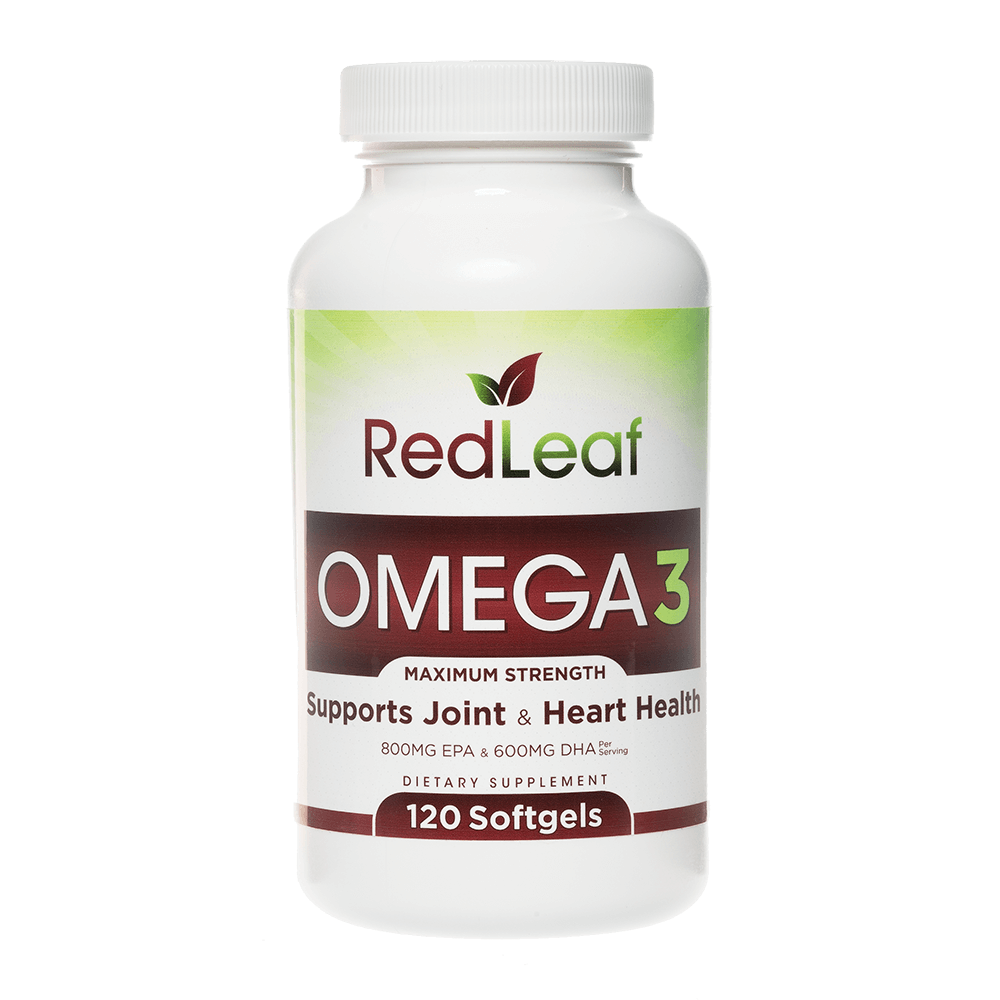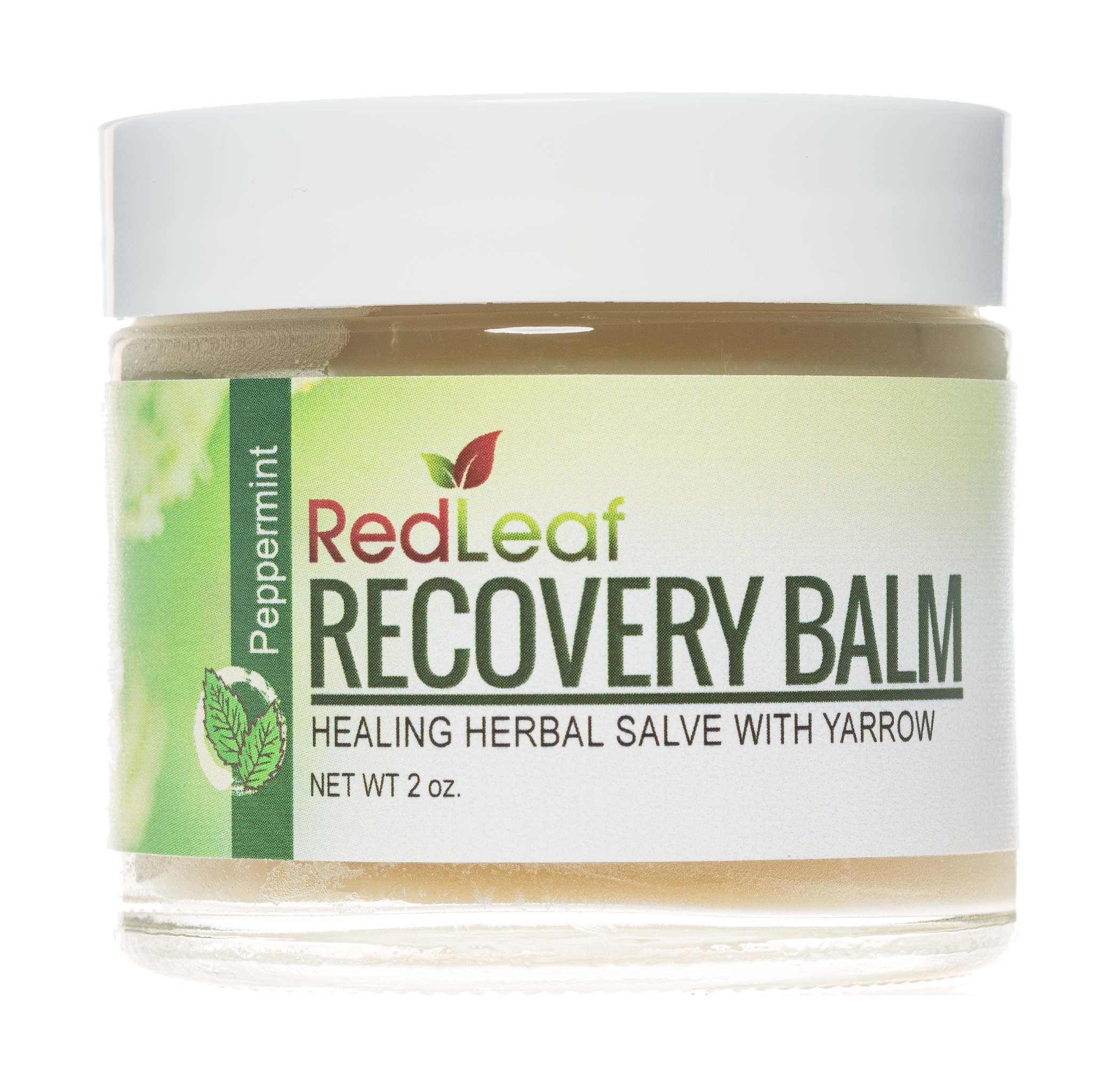If you walk through the nutrition aisle at a convenience store, what products line most of the shelves? Vitamins. Vitamins account for over $30 billion dollars in yearly revenue in the United States (2018) and for good reason! They are extremely important for our balanced health and often are lacking in the standard Western diet, especially since processed foods and beverages have become household staples. Of the many different vitamins, B vitamins are some of the most important for supporting a healthy immune system.
Which vitamins are in the B vitamin family?
There are eight B vitamins, including thiamin (B1), riboflavin (B2), niacin (B3), pantothenic acid (B5), pyridoxine (B6), biotin (B7), folic acid (B9), and cobalamin (B12). B vitamins are water-soluble, which means that they move directly into the blood following digestion and are more quickly cleared from the body through waste. While this makes toxicity less frequent than with fat-soluble vitamins, it’s common to develop deficiencies in b vitamins. Deficiency symptoms vary for each vitamin, but can include decreased immune function, mental health disorders, anemia, muscle and joint deterioration, inflammation, and GI distress to name a few.
How do B vitamins support immune health?
B vitamins support the immune system in a few ways. First, they are involved in the production of red and white blood cells, as well as T cells, which help the body fight off infection and are crucial to a healthy immune response. Second, B vitamins maintain healthy, well-functioning body systems via their metabolic functions as coenzymes. In vitamin B deficiencies, total body inflammation is common. When the body’s defenses are battling inflammation, they don’t have as much energy to stave off infection.
Which foods are rich in B vitamins?
Believe it or not, one of the best food sources of B vitamins is protein. While many of us hear vitamins and think leafy greens and brightly colored veggies, many protein foods have large amounts of B vitamins. For example, thiamin, also known as vitamin B1, is found most abundantly in pork. Other B vitamins are found in large quantities in milk and eggs, whole and enriched grains, fish, poultry, potatoes and some even in leafy greens. Even if you don’t regularly eat meat, there are plenty of food options to choose from to meet your RDA (recommended daily amount). For more examples of whole foods rich in vitamins, check out Harvard Medical School’s article here.
When should I take a vitamin supplement?
There are a number of scenarios in which getting adequate amounts of B vitamins from your diet can be challenging. For example, if you have a dietary restriction where you don’t eat meat or can’t have dairy, it may* be wise to look into a vitamin B supplement. Even though we are a supplement company, we always promote whole foods first. Take a look at what your current diet provides from a vitamin standpoint and fill up with as many whole foods as you can- if you are still under your RDA or are well below the established Upper Limit, you may have room to boost your vitamin intake with a supplement like Red Leaf Immunity. As always, consult your physician prior to taking a new supplement, especially if you have any pre-existing conditions.
What is Red Leaf Immunity?
Red Leaf Immunity is our newest product that combines immune-boosting ingredients like Vitamin B1, B6, and B12, with electrolytes, a mild dose of caffeine (80 mg per serving), and amino acids and BCAA’s. If you’re someone who doesn’t enjoy the tingling feeling of pre-workout, Immunity may be a better option for you because it doesn’t contain any beta-alanine, but still has the energy-boosting caffeine and recovery ingredients like BCAA’s and other amino acids.
For a balanced, healthy energy boost without the tingles, Red Leaf Immunity is a delicious way to stay healthy and strong all year round. Try Red Leaf Immunity and one other Red Leaf Recovery product, like Recovery Balm or Collagen Peptides, and save 20% through June 9!



